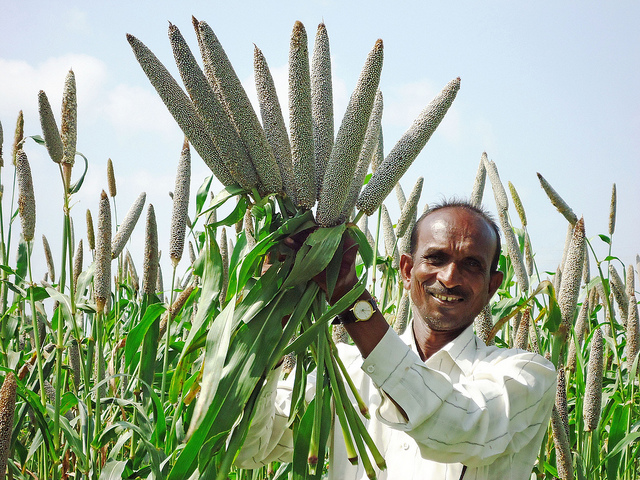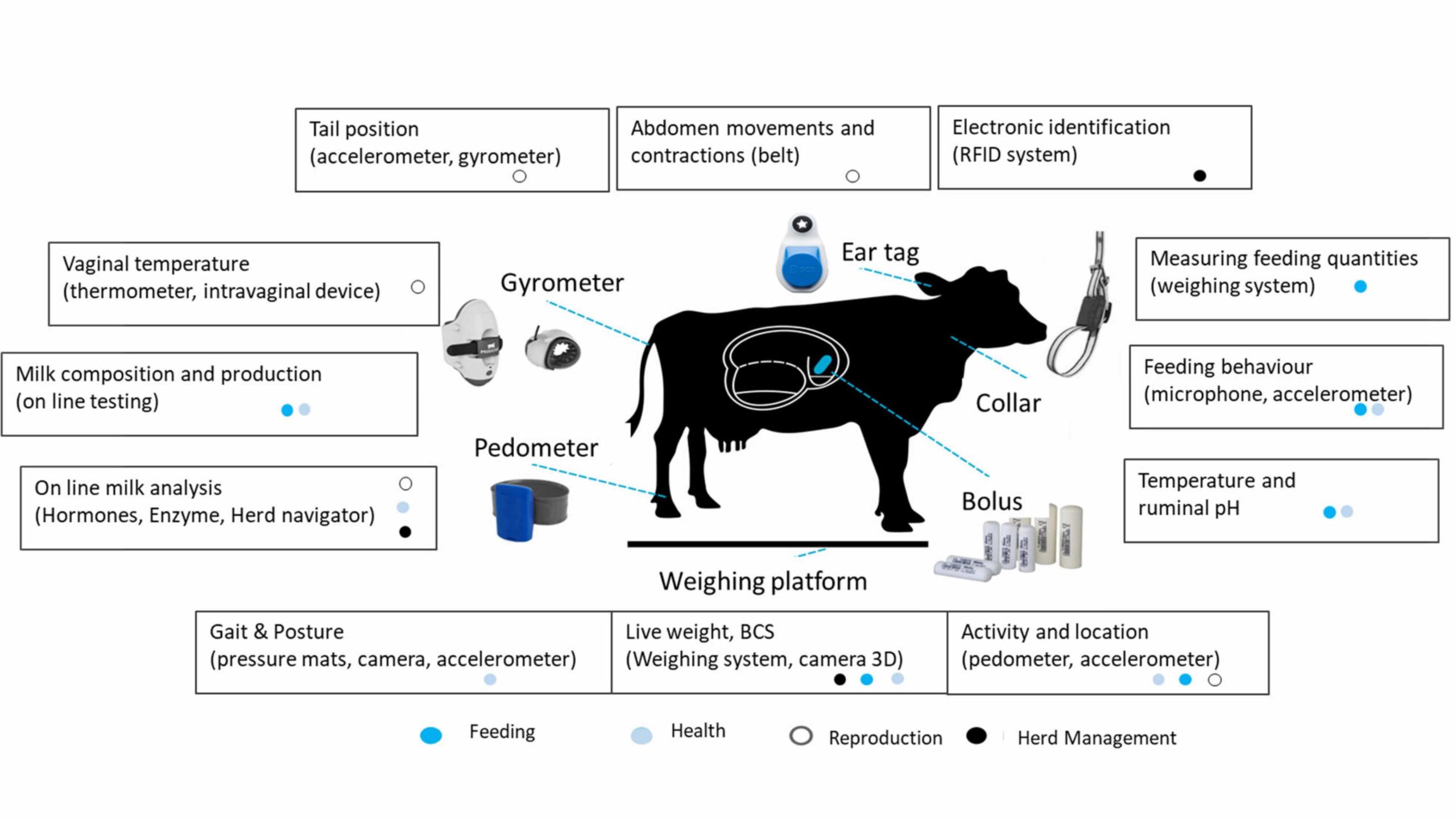With support from the European Commission, IFPRI conducts cutting-edge research on biofuels, trade, and country-specific development strategies.
The European Commission (EC) has long championed food security, nutrition, and sustainable and productive agriculture. Since 2006, the EC has committed €1 billion every year to strengthen global food security and sustainable agriculture. In fact, with the 2008 adoption of the €1 billion Food Facility program, the EC was the first donor to proactively confront the global food price crisis of 2007–08, allowing for rapid response to the food price volatility that negatively impacts the lives and livelihoods of those in developing countries.
Successful collaboration between IFPRI and the EC, as highlighted in a recent brochure, has led to numerous outcomes in food policy research and national development strategies. The following are some examples of recent projects that reflect the valuable partnership between IFPRI and the EC.
- In October 2012, the EC released a proposal to significantly change its mandates for biofuel use and production, namely by lowering the first-generation biofuel mandate to 5 percent and raising the minimum greenhouse gas savings threshold to 60 percent for all new biofuel production facilities. These revisions drew heavily on two IFPRI reports:Global Trade and Environmental Impact Study of the EU Biofuels Mandate and Assessing the Land Use Change Consequences of European Biofuels Policies.
- Launched in 2012, the Food Security Portal is an open-access repository of policy information facilitated by IFPRI and supported by the EC. The portal provides comprehensive country-by-country information on food policy developments, including food security, food prices, and demographic information on its 29 partner countries—mostly in Africa south of the Sahara but also in Asia, Latin America, and the Caribbean.
- IFPRI’s research on global trade negotiations has been widely cited. For example, in a 2008 issue brief called The Potential Cost of a Failed Doha Round, IFPRI researchers explained how a Doha agreement would provide an “insurance policy against future protectionism” and support the World Trade Organization system. The director general of the World Trade Organization, Pascal Lamy, mentioned these findings in a speech at the organization’s 2011 ministerial meeting.
- The Ethiopian Strategy Support Program, led by IFPRI and the Ethiopian Development Research Institute, is a highly relevant and successful program worth continuing and expanding, according to an external review funded by the EC in 2008. The program provides capacity building, research, and policy analysis to improve food security nationwide. Since 2004, the Ethiopian government has relied heavily on the program’s analysis, which has helped in the design and implementation of Ethiopia’s Agriculture-Led Industrialization Strategy. IFPRI also provided analysis to the government’s Agricultural Growth Program and worked with the Central Statistical Agency to create the Population and Housing Census Atlas of Ethiopia 2007.







